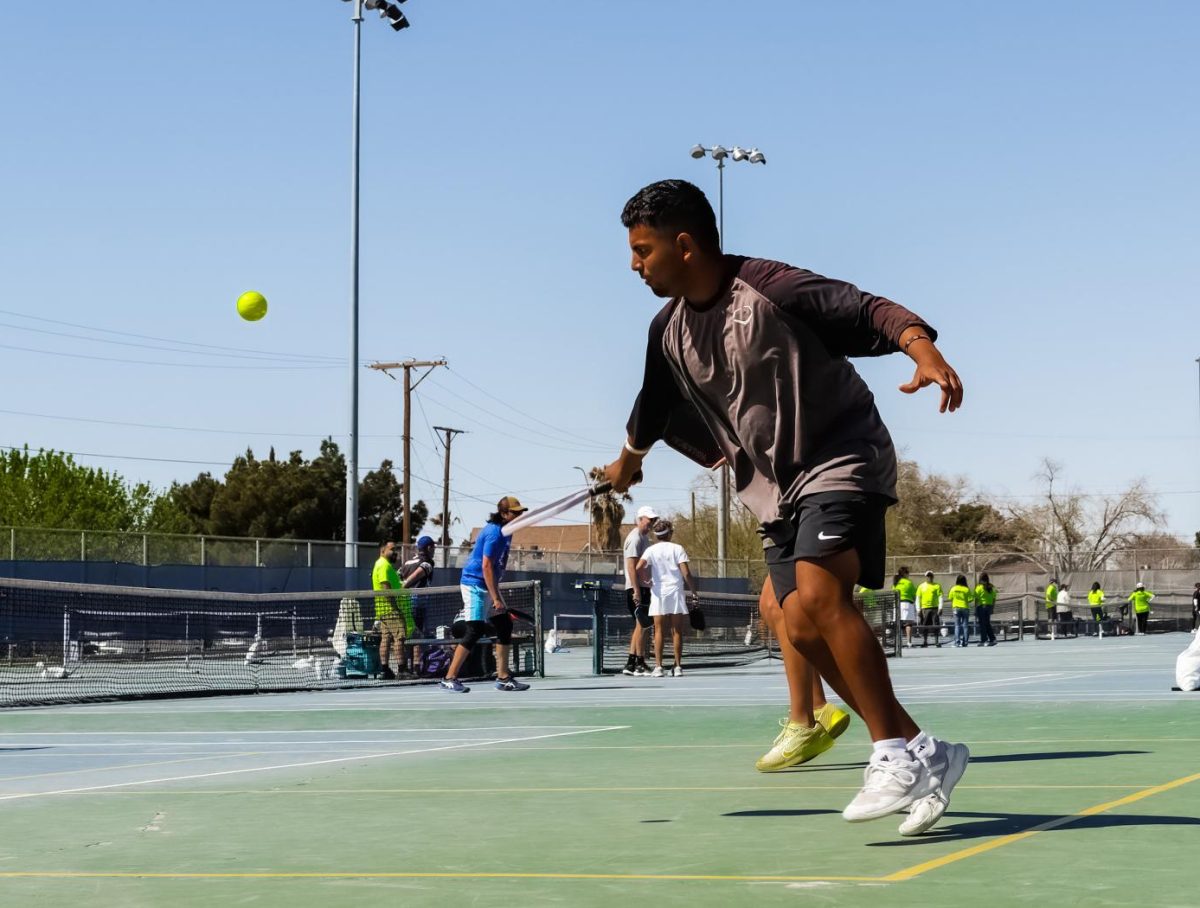Recently San Francisco 49ers linebacker Chris Borland retired after only one season in the National Football League. Borland cited recent studies, which show the adverse effects of playing football on a person’s brain as the main reason. He also said that he had experienced numerous traumas throughout his career.
The studies Borland references are everywhere these days. The NFL is aware of the problem and has taken steps to improve the safety of the game, but football is inherently violent. That cannot be changed.
The NFL is in the process of paying out a rumored $1 billion in order to compensate all of the retired NFL players who will face post-traumatic brain injury problems during their lives.
Several articles have recently predicted the impending end of the NFL as the public and players become more aware of the inherent risks. Part of the reason that people think the NFL cannot survive is that parents, who become aware of the risks, will not allow their children to play football.
I do not necessarily agree with this belief, mainly because there will always be families who see their kid’s football prowess as a means of escaping poverty or escaping the middle-class life.
As a parent, I have to answer the football question myself. My son has recently become obsessed with pick-up football and asks me often to play football with him at the park. After all, I played football most of my life and throughout high school.
Why would I not want my son to pick up some of his old man’s football acumen?
That is where this whole thing gets kind of tough for me. I have a very unique perspective on concussions and traumatic brain injury as a whole.
I am a retired veteran of the wars in Iraq and Afghanistan. While surviving several, very close, blasts and one big fall, I came home with daily headaches, dizziness and occasional nausea. I was diagnosed with TBI upon my retirement and am still being treated for the symptoms. I have been told by several doctors that the concussions that I received playing football in my younger days made me predisposed to more concussions during my deployments.
I approach the concussion issue from a few different angles because of my past experiences. Would I let my son play football? Yes, I would.
Sounds crazy, right? Why would someone who suffers from frequent blinding migraines do that to their child? Do I not love him? Of course, I do.
I fought for the rights that every American holds sacred during my time in the Army and blah, blah, blah, blah. Just kidding. I’m not that kind of guy. I didn’t fight for the right of anyone to play football.
I am very proud of how good I am at my job right now and what a great student I am. I had a work ethic instilled in me by the U.S. Army and it has carried over into my post-Army life—so have the headaches and all of that good stuff, but I wouldn’t trade it for the world.
I also wouldn’t trade the time I spent playing sports throughout my childhood.
I excelled in my training as a 17 year old not only because of my conditioning from athletics, but also my drive to succeed. Nothing was ever handed to me in sports. Everything I wanted, I had to go take it from someone else. These are characteristics that are missing from a lot of people I run into today—the will to win, the drive to succeed, etc.
Do I want my son to choose to play football? No, I would rather not. He plays soccer, basketball and baseball right now. Would I care if down the road he decided to pick up tackle football as his main sport? No, not really.
Sports will be what helps shape him—along with my leadership.
I will tell him all about my concussions and the headaches. I will also tell him why I succeeded in my job and in college. It is up to him to decide. He will be his own man.
I would hope that I have brought him up well enough to love himself as much as Chris Borland does–if not himself, then maybe his own future son. I loved my family enough to get out of the Army when offered the opportunity and I would never fault someone like Borland—or my son—for doing what he thinks is right.
Jason Green may be reached at [email protected].









